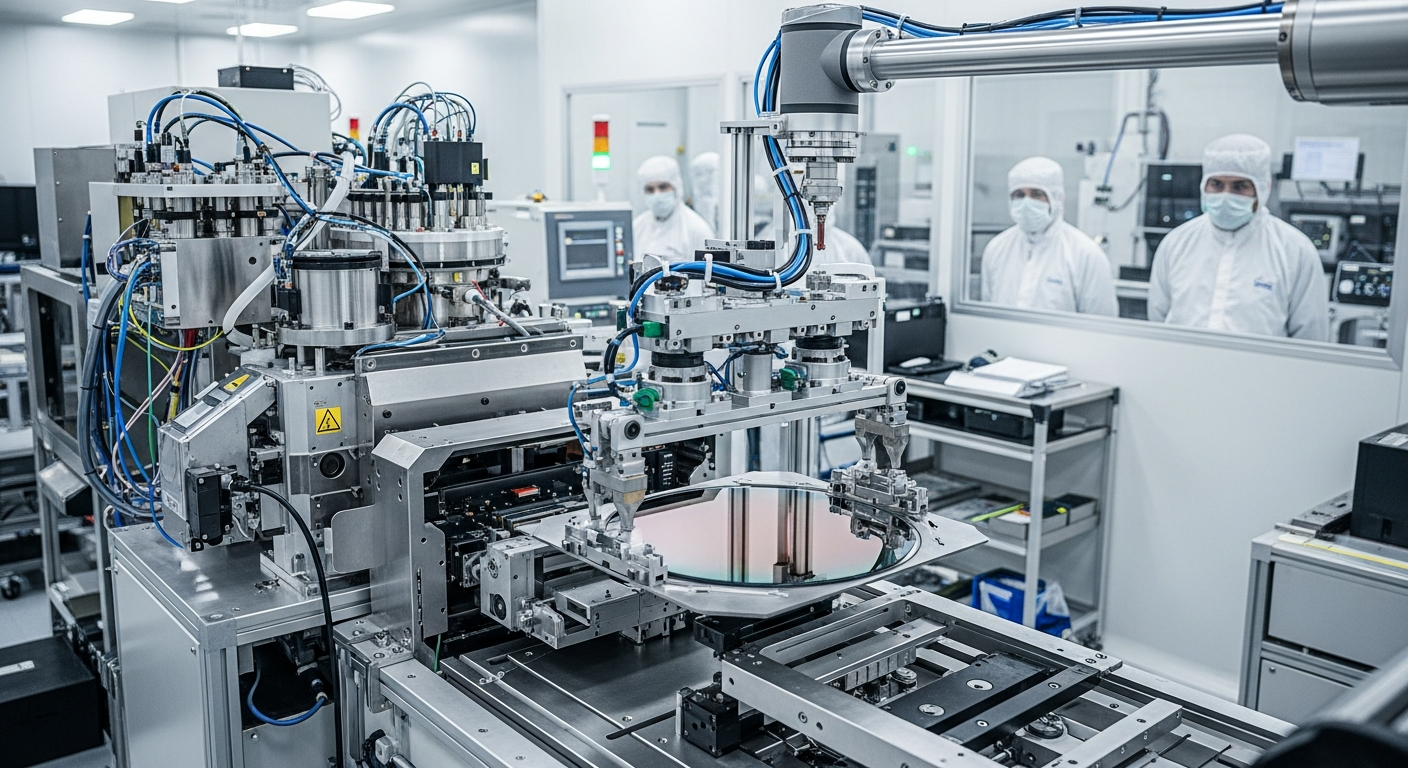Bridging the Gap: The Significance of Employee Engagement in Modern Industrial Operations
Modern industrial operations have undergone significant transformations over the past few decades. One aspect that has gained considerable attention is the role of employee engagement in enhancing productivity and driving growth. This article delves into the importance of employee engagement in modern industrial operations, examines current trends and offers practical applications relevant to today's industries.
A Historical Perspective: The Evolution of Employee Engagement
In the past, the industrial sector largely focused on physical output and efficiency in operations. The human element was often overlooked, with employees viewed as mere cogs in the industrial machinery. However, as industries evolved, so did the understanding of the workforce’s potential. The concept of employee engagement entered the industrial scene, marking a significant shift in management practices.
Current Trends: Employee Engagement Takes Center Stage
Today, organizations increasingly acknowledge the value of a highly engaged workforce. Research shows that engaged employees are more productive, generate higher profits, and significantly reduce turnover rates. Industries worldwide are implementing various strategies to foster engagement, from promoting a positive work culture to offering competitive rewards and recognition programs.
Impact and Benefits: The Power of an Engaged Workforce
An engaged workforce can be a game changer for any organization. Increased productivity, improved quality of work, enhanced innovation, and reduced absenteeism are just some of the benefits. Additionally, engaged employees tend to be more loyal, leading to lower turnover rates and recruitment costs. They are also more likely to act as brand ambassadors, positively influencing the organization’s reputation.
Industrial Insight: Creating an Engaging Work Environment
-
Foster open communication: Encourage employees to voice their ideas, concerns, and feedback. This not only makes them feel valued but also facilitates problem-solving and innovation.
-
Invest in employee development: Regular training and career development opportunities can enhance job satisfaction and commitment.
-
Recognize and reward: Acknowledging employees’ efforts and achievements can significantly boost their morale and motivation.
-
Promote work-life balance: Flexible work arrangements and policies promoting work-life balance can contribute to employee well-being and engagement.
The Road Ahead: Fostering Employee Engagement in Modern Industries
In conclusion, employee engagement is no longer a mere buzzword; it’s a strategic imperative for modern industries. By fostering a culture of engagement, organizations can harness the full potential of their workforce, driving productivity and growth. While the journey towards full engagement might be challenging, the rewards make it a worthwhile pursuit for any forward-thinking industry.







